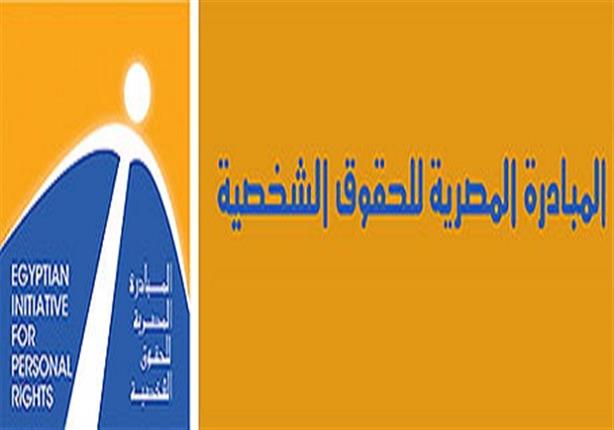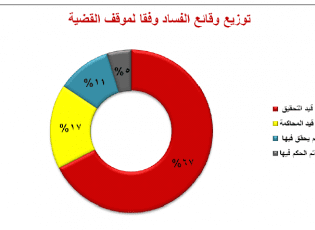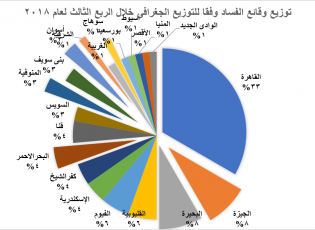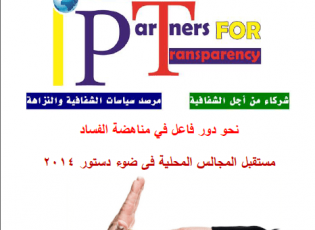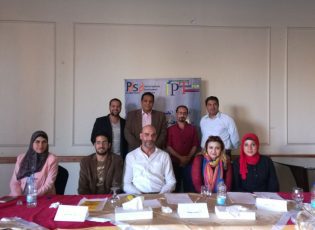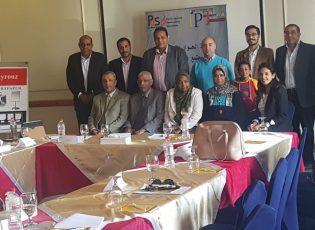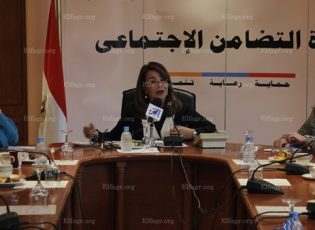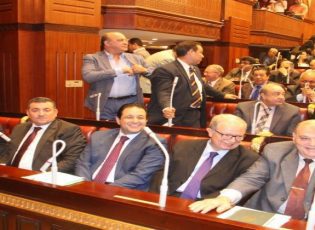Masrawy
Hajar Hosni 3 February 2017
Abdel Ghaffar Shukr, Vice President of the National Council for Human Rights, commented on the Egyptian Initiative for Personal Rights report, which confirmed the existence of electronic breaches of a number of human rights organizations' accounts, saying that if these breaches are proven to be true; The affected parties must provide all the facts about this penetration and announce the names of the parties involved in it.
Yesterday, Wednesday, the Egyptian Initiative for Personal Rights issued a report in which it said that there were breaches by unnamed parties. To obtain data for these organizations, the initiative launched the hacking operations the name "Nile Fish".
The initiative announced the names of the organizations whose accounts were hacked, namely: the Cairo Institute for Human Rights Studies, the Association for Freedom of Thought and Expression, the Nadim Center for the Treatment and Rehabilitation of Victims of Violence, Nazra Foundation for Feminist Studies, and the Egyptian Commission for Rights and Freedoms.
Shukr adds that despite the existence of the report, we cannot prove the validity of the breach, and the extent of the damage caused to these organizations because of the information obtained.
The report says that there are indications of a link between Nile Fish and the authorities. If it is assumed that the actual perpetrator of the attacks is not a government actor, then at the very least there is a degree of direct coordination with the authorities, according to the report.
Walaa Jad al-Karim, president of the Partners for Transparency Foundation, believes that the report narrated facts saying that there is a security breach of the accounts of these organizations, but it did not provide conclusive evidence of its occurrence, but at the same time it raises concerns about the mechanisms of security agencies in penetrating the organizations.
Jad al-Karim says that civil society organizations do not operate in the dark and in the original in their public information, but the fear of violating the constitutional text with regard to obtaining personal information of the organizations.
The report indicated that after a number of successive attacks on personal accounts, some workers received official notification from Google that there was an intentional perpetrator seeking to steal the password.
Hafez Abu Saada, a member of the National Council for Human Rights, says that receiving notifications from Google that the hacked organizations have reported that their accounts have been hacked is strong evidence of the truth of these breaches, adding that these notifications are not issued by the company unless there is actually a breach.
Abu Saada indicates that despite the existence of the evidence, which is the notification of the company, it is not widely accepted before the courts.
According to the report, the attacks targeted the institutional and personal accounts of workers in the organizations, and the time range of the attacks in question was between November 24, 2016 - January 31, 2017, and the report documented 92 attacks on the accounts of male and female workers in the organizations in question.
Margaret Azar, a member of the Parliament's Human Rights Committee, ruled out the involvement of security agencies in this penetration, explaining that these parties have the right to monitor any organizations 'personal accounts if they obtain permission from the Public Prosecution if there are doubts about the organizations' activities, and therefore there is nothing. He pays her to do so without permission.
Azar said that if these breaches occur without the permission of the parliament, then there is a legal violation of the security authorities.
Short link: https://pfort.org/en/?p=2114

